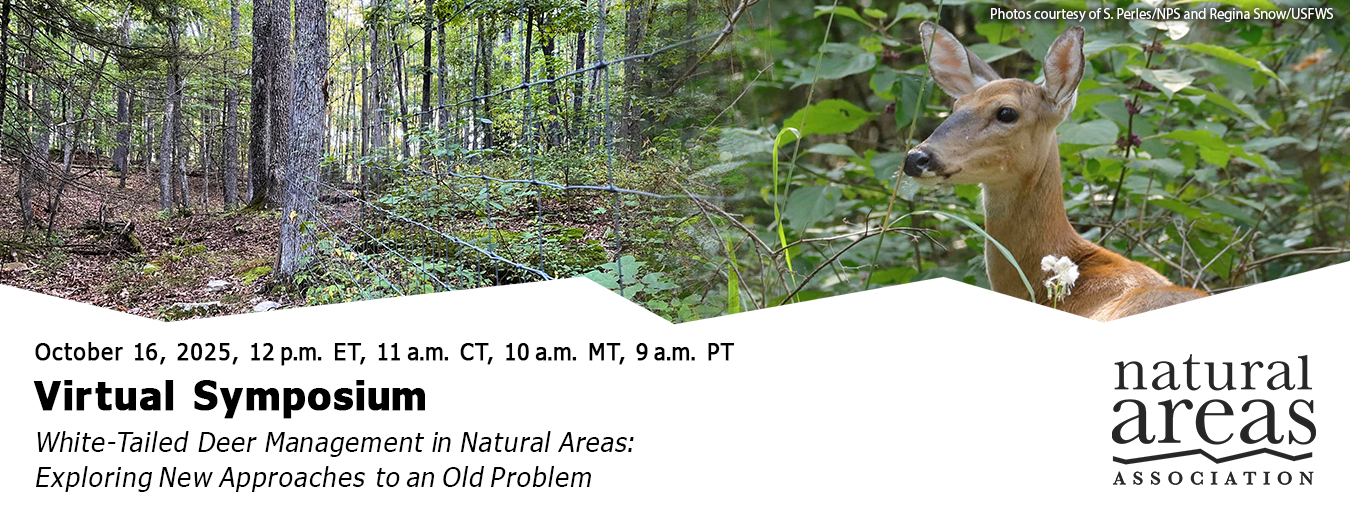
This 3-hour virtual symposium convenes leading scientists, land management practitioners, and wildlife professionals, who have spent decades focused on high white-tailed deer populations as a leading cause of reductions in local biodiversity and a major factor in the prevention of forest regeneration.
Sessions will highlight recent evidence-based research underscoring the need for deer management in natural areas. Participants will also learn about a scalable, multi-pronged approach being piloted in Virginia, where the Department of Conservation and Recreation’s (VADCR) Division of Wildlife Resources and Natural Heritage Program are collaborating with public and private partners to reduce herd size and shift deer behavior utilizing implementation and monitoring protocols; a model that could be replicated in other states.
The symposium concludes with a facilitated panel discussion so that participants may engage with researchers and agency practitioners to ask questions and further explore the specific considerations that allowed VADCR to move forward with this collaborative initiative. Learn from on-the-ground practitioners about emerging research and initiatives that seek a new approach to an on-going land management challenge.
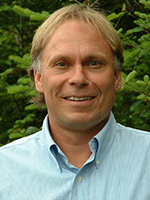
Bernd Blossey was born and raised in northern Germany. In 1992, he moved to Cornell University, where he is a Professor directing the Ecology and Management of Invasive Plants Program in the Department of Natural Resources and the Environment. Bernd develops and implements biological weed control programs; among his target plants are purple loosestrife, garlic mustard, water chestnut, Japanese knotweeds and invasive Phragmites. An ever increasing focus of his team are investigations into impacts of multiple “stressors” including invasive and native plants, earthworms, slugs and deer on a wide range of native organisms. He is intimately involved in different approaches to deer management at Cornell and in the surrounding municipalities, he has developed a network or deer exclosures to study impact of deer on many species and processes and is developing bioindicators to assess effects of different stressors, including deer. He has also commenced a large study in northern Wisconsin to assess the effects of wolves on deer and forest plants (a trophic cascade) The ultimate aim of this work is to increase the conservation values of all lands through development of best management practices.
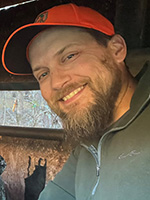
Justin Folks is the Deer Project Leader for the Virginia Department of Wildlife Resources. Justin worked as a Private Lands Biologist in Virginia for 9 years, providing technical assistance to landowners for native habitat establishment and management, and then was a District Biologist with DWR for 2 years before assuming his current role. Justin enjoys hunting, sports, and spending time with his wife and 3 sons.
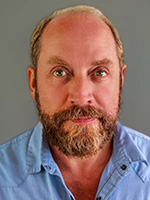
Max Goldman is the Statewide Access Coordinator for the Virginia Department of Wildlife Resources. Prior to joining DWR, his 15 years of work as a wildlife biologist for the National Audubon Society, The University of Capetown, The University of Wyoming, and the National Parks Service took him from Alaska to The Cape of Good Hope, and from wildfires in the desert southwest to an oil spill in the Gulf of Mexico. His personal time is spent woodworking, hunting, fishing, and birding with his wife, two sons, and their dog Ernie.
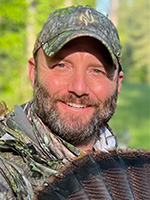
David Hennaman is the Recruit, Retain and Reactivate (R3) Coordinator for the Virginia Department of Wildlife Resources. Before coming to DWR, he previously served a variety of law enforcement positions, most recently as a Special Agent for the U.S. Fish and Wildlife Service. In his personal time, he enjoys hunting, fishing, dog training and spending time with his family.
Susan Kalisz received her Bachelor of Science degree in Botany from the University of Michigan and her master's and Ph.D. degrees in Ecology and Evolutionary Biology from the University of Chicago. Her research focuses on the evolution and ecology of plants, including stressors that influence native plant species’ population dynamics, and the effects of overabundant deer and exotic invasion on the composition of understory plant communities. Over her career Susan was a faculty member at Michigan State University, the University of Pittsburgh, and the University of Tennessee, Knoxville (UTK), where she served as Professor and Department Head of Ecology and Evolutionary Biology from 2015-2022. She is currently a Research Professor at UTK and continues her long-term research at Trillium Trail. Susan is an elected Member of the American Academy of Arts and Sciences, and an elected Fellow of the American Association for the Advancement of Science. She served as President of The American Society of Naturalists, a Co-Leader of two working groups at National Evolution Synthesis Center at Duke University, Editor of the American Naturalist, Program Director in the Division of Environmental Biology at the National Science Foundation, and on the Editorial Boards of the journals Evolution, The American Naturalist and Journal of Ecology.
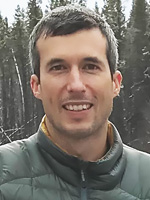
Ryan Klopf is the Regional Supervisor / Natural Areas Science Manager of the Virginia Natural Heritage Program. Additionally, he serves as the Natural Areas Science Coordinator for the state. Ryan works to protect and restore rare species and natural communities within the Ridge and Valley, Blue Ridge, and Piedmont regions of Virginia. He earned a B.S. in Biology at William and Mary, and M.S. and Ph.D. in Plant Biology from Southern Illinois University.
Ryan also currently serves as the chair of the NAA's Science Advisory Committee and has served NAA as a member of the board of directors.
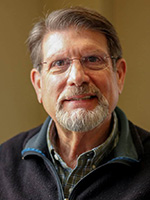
Michael Lipford retired from The Nature Conservancy in 2023, having served as Director/Ecologist of the Virginia Natural Heritage Program, Virginia State Director for 25 years, and Southeastern U.S. Regional Director. Currently, he is the Wildlife Division Director for the Virginia Department of Wildlife Resources. In his personal time, he enjoys drawing wildlife and landscapes, birding, hunting, fishing, and gardening. He is a former board member of the Natural Areas Association.
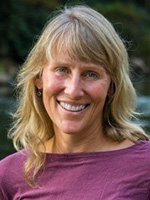
Lisa Smith is the executive director of the Natural Areas Association. Lisa has also served as the organization's Board President (2009-2013), Vice President (2005-2009) and member of the board (2003 2005). Lisa is a trained field ecologist who works with numerous partners on projects related to wild plant and natural areas management and conservation. As a consultant, she works with land trusts throughout the Mid-Atlantic region to strengthen operations and land stewardship programs as a certified assessor and accreditation facilitator. Her education includes a BSci in Biology from Juniata College, an MSci in botany from Miami University, and an MSciEd. in secondary science education from Duquesne University.
Includes: Participation in live event & access to event recording for 2 weeks

Support the people who manage our natural areas and protect biodiversity in perpetuity.